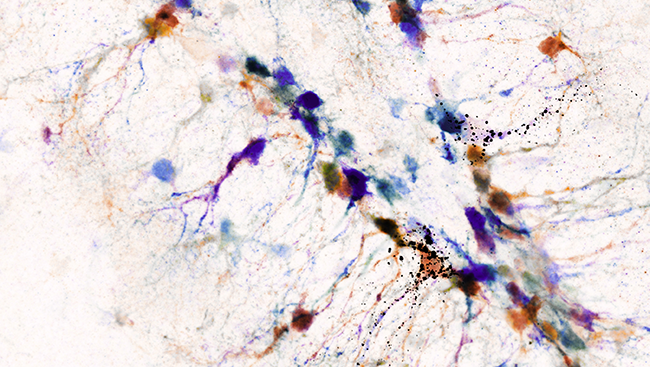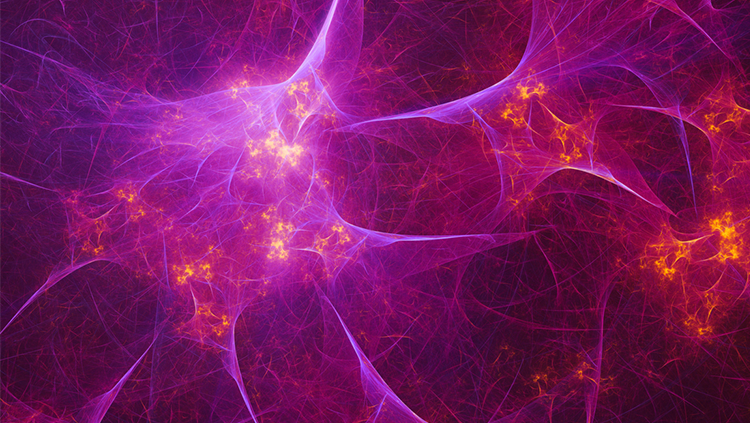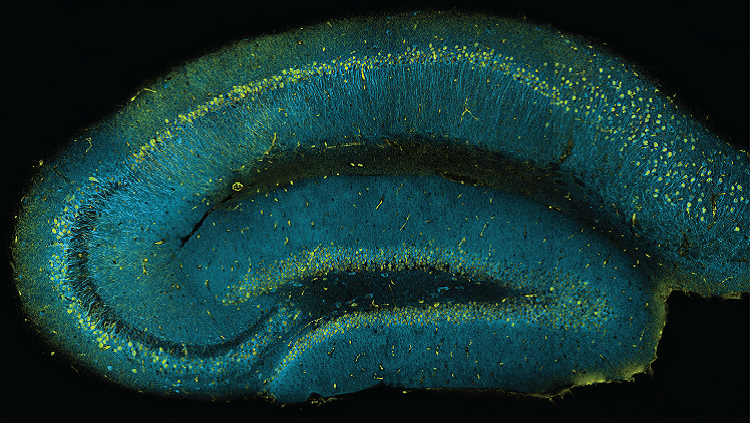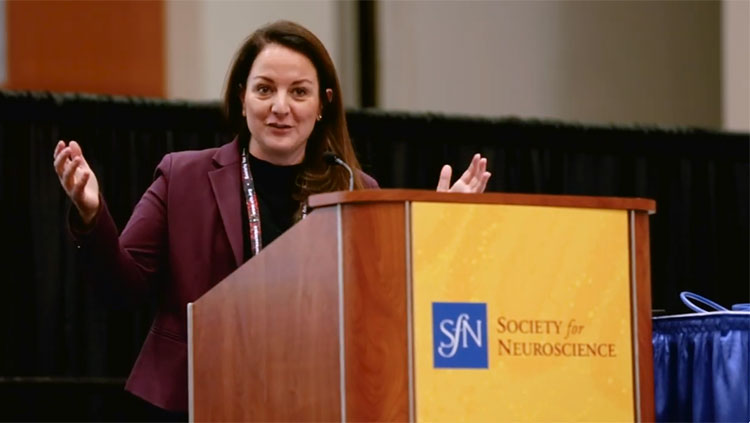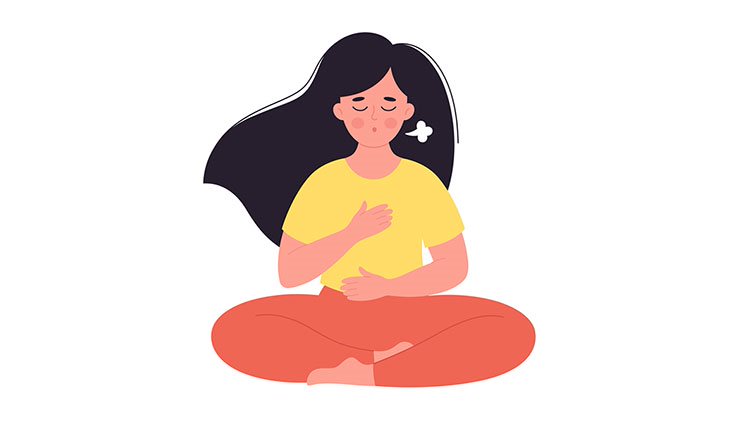Filter
-
(5)
-
(3)
-
(4)
-
-
(2)
-
(9)
-
(19)
-
(3)
-
(1)
-
(1)
-
(2)
-
(1)
-
(1)
-
(1)
-
(1)
-
(15)
-
(1)
-
(3)
-
(1)
-
(1)
-
(1)
-
(1)
-
(1)
-
(1)
-
(3)
-
(1)
-
(1)
-
(1)
-
(2)
-
(1)
-
(2)
-
-
(6)
-
(2)
-
(4)
-
-
(1)
-
(4)
-
(1)
-
(1)
-
(2)
-
-
(96)
-
(45)
-
(11)
-
(49)
-
(3)
-
(5)
-
-
(7)
-
(1)
-
(7)
-
(1)
-
-
(23)
-
(1)
-
(1)
-
(19)
-
(4)
-
-
(4)
-
(4)
-
-
(2)
-
(1)
-
(1)
-
-
(4)
-
(8)
-
(1)
-
(3)
-
(2)
-
(1)
-
(2)
-
(1)
-
-
(46)
-
(4)
-
(1)
-
(1)
-
(4)
-
(2)
-
(3)
-
(22)
-
(7)
-
(9)
-
-
(5)
-
(10)
-
(4)
-
(2)
-
(6)
-
-
(5)
-
(1)
-
(4)
-
(2)
-
(1)
-
(1)
-
-
(3)
-
(31)
-
(13)
-
(3)
-
(1)
-
(8)
-
-
(8)
-
(1)
-
(1)
-
(2)
-
(3)
-
(4)
-
-
(17)
-
(2)
-
(17)
-
-
(1)
-
(2)
-
(12)
-
(7)
-
(5)
-
(1)
-
-
(1)
-
(1)
-
-
(23)
-
(8)
-
(5)
-
(2)
-
(3)
-
(4)
-
-
(1)
-
(3)
-
(1)
-
(3)
-
(3)
-
-
(1)
-
(1)
-
-
(1)
-
(1)
-
-
(4)
-
(1)
-
(1)
-
(4)
-
-
(7)
-
(1)
-
(2)
-
(2)
-
(1)
-
(1)
-
-
(116)
-
(8)
-
(18)
-
(7)
-
(17)
-
(22)
-
(5)
-
(1)
-
(48)
-
(3)
-
(11)
-
(1)
-
(10)
-
(3)
-
(4)
-
(20)
-
(1)
-
(4)
-
-
(6)
-
(4)
-
(1)
-
(1)
-
-
(88)
-
(2)
-
(25)
-
(6)
-
(38)
-
(1)
-
(26)
-
(2)
-
(24)
-
(1)
-
(5)
-
(3)
-
(6)
-
(22)
-
(1)
-
(1)
-
(2)
-
(8)
-
(4)
-
(1)
-
(15)
-
(3)
-
(1)
-
(8)
-
(3)
-
(136)
11 - 20 of 160 results
-
Chemotherapy can kill cancer cells. But it can also change your brain, too.
-
Ever wonder why a certain smell strikes a chord of nostalgia? Research suggests it has to do with the unique way our sense of smell is processed in the brain.
-
Inhalation of particulate matter present in wildfire smoke may pose risk to the aging brain.
-
Find out how your everyday efforts help change your brain through neurogenesis, synaptic plasticity, and myelin plasticity.
-
Growing up in poverty can negatively impact developing brain regions like the hippocampus and prefrontal cortex and, in turn, increases the risks of developing behavioral and learning problems.
-
Stem cells in the hippocampus may hold clues about treating learning and mood disorders.
-
And other neuroscience news you may have missed in November.
-
The hippocampus is responsible for everything you remember, from this morning’s breakfast to your first kiss.
-
Science outreach and education programs can be more intentionally designed and evaluated to provide benefit for people and their environments.
-
The rhythm of respiration influences a wide range of behaviors, as well as cognition and emotion. Neuroscientists are piecing together how it all works.


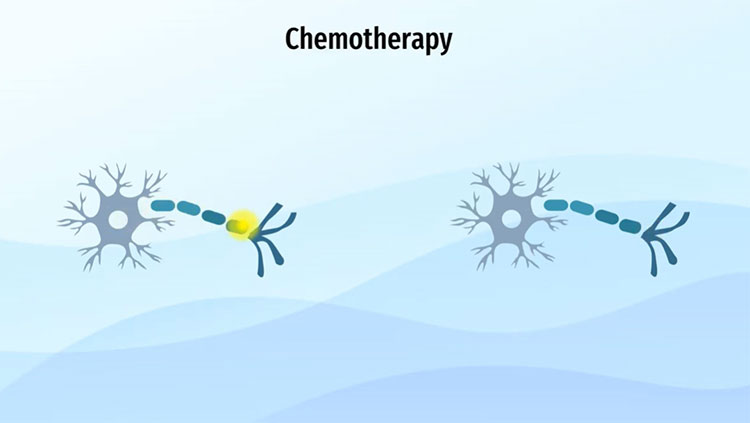
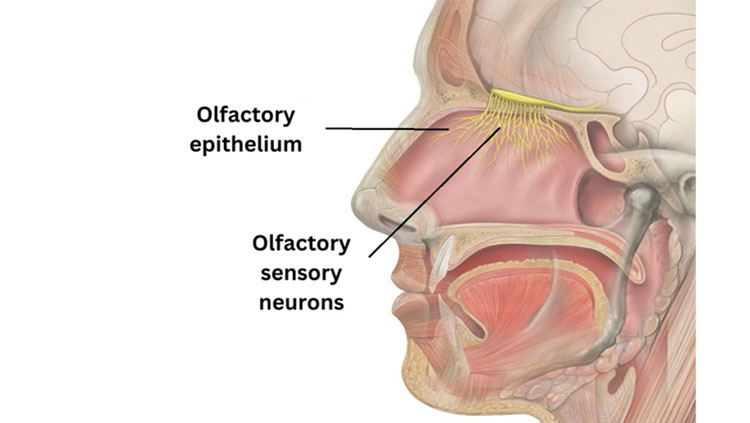

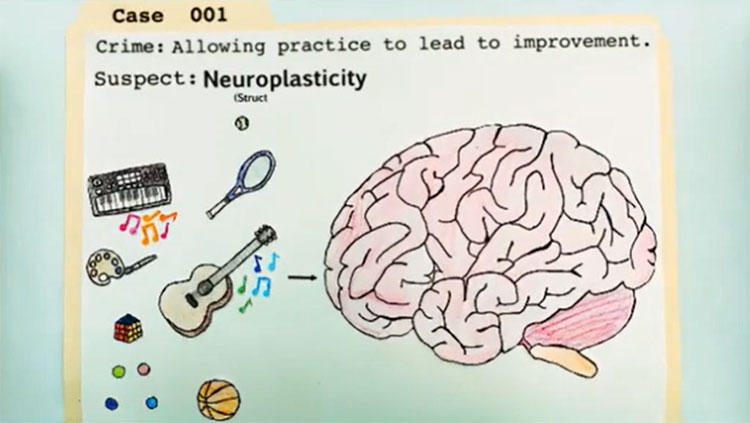
.png)
